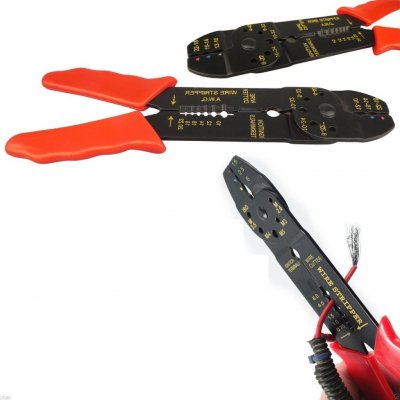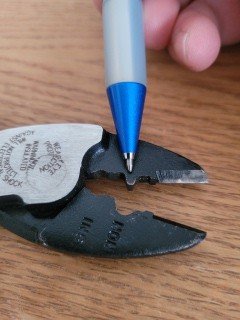DoubleDingo
Full Access Member
- Joined
- Jul 3, 2012
- Posts
- 11,321
- Reaction score
- 17,361
- Location
- Right where I am
- First Name
- Bagoomba
- Truck Year
- 1981
- Truck Model
- 81-C20 Silverado Camper Special-TH400-4.10s
- Engine Size
- Carb'ed Vortec 350
I normally use butt connectors on wiring, however, I have seen in the manuals, to do a wire splice, to cut the insulation about 1/2 inch off of each wire, mesh the strands together, then solder and heat shrink. Heat shrink obviously goes over the wire first, or one gets to redo the splice.
I have never used this wire meshing/soldering technique, but I will be when I swap the pigtails and fix some other connections that I previously butt connected to get the job done with items available at the time.
What is your preferred solder for this type of wire splice? I know not to get solder up in the wires, just keep it in the mesh area. For some reason if the solder gets up in the wires it can cause the wire to break over time. I don't want wires breaking. Just want good solid connections with very little resistance in each set of wires.
I have never used this wire meshing/soldering technique, but I will be when I swap the pigtails and fix some other connections that I previously butt connected to get the job done with items available at the time.
What is your preferred solder for this type of wire splice? I know not to get solder up in the wires, just keep it in the mesh area. For some reason if the solder gets up in the wires it can cause the wire to break over time. I don't want wires breaking. Just want good solid connections with very little resistance in each set of wires.





